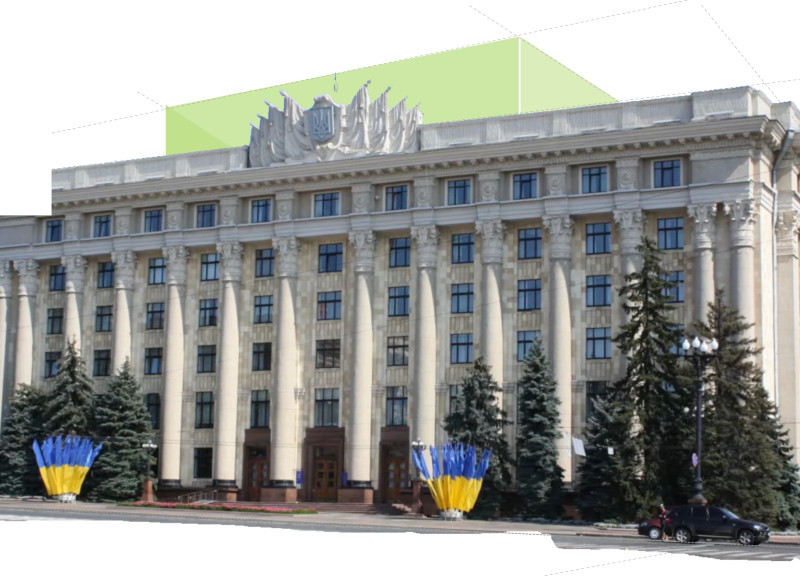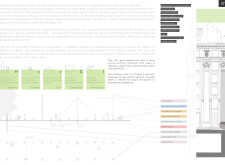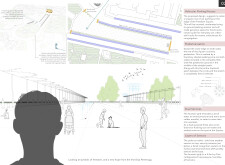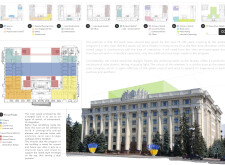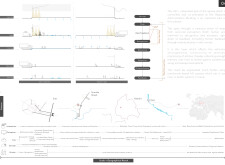5 key facts about this project
### Project Overview
The urban revitalization initiative at Freedom Square in Kharkiv, Ukraine, aims to enhance the functionality and accessibility of this historically significant area. The design employs a multi-functional public space approach, integrating contemporary urban needs while respecting the site's architectural heritage. This initiative is guided by the principles of human-centric design, seeking to improve user experience for diverse demographic groups.
### Spatial Strategy and Historical Integration
A key element of the design is minimal intervention, which promotes the thoughtful incorporation of new structures alongside the existing historical Administration Building. This strategy allows for the building’s modern adaptation without compromising its architectural integrity. The layout facilitates various uses throughout the day, encouraging social interaction and community engagement in distinct zones, such as a civic hub, exhibition areas, and communal gathering spaces.
### Sustainable Materials and Technologies
The project prioritizes sustainability through the careful selection of materials and incorporation of innovative technologies. Concrete is utilized for structural elements and pathways, while steel canopies equipped with solar panels provide shade and environmental benefits. Extensive use of glass ensures ample natural light, and wood is employed for seating and landscaping. Furthermore, integrated advanced photonic sensors facilitate environmental monitoring, contributing to the site's ecological responsiveness.
Innovative features, such as automated canopies that enhance user experience and a dual-directional fountain grid that functions as both an aesthetic centerpiece and a drainage system, reflect a commitment to sustainable urbanism. By integrating these technologies and materials, the design promotes a climate-resilient infrastructure that fosters a strong connection to the natural environment.


